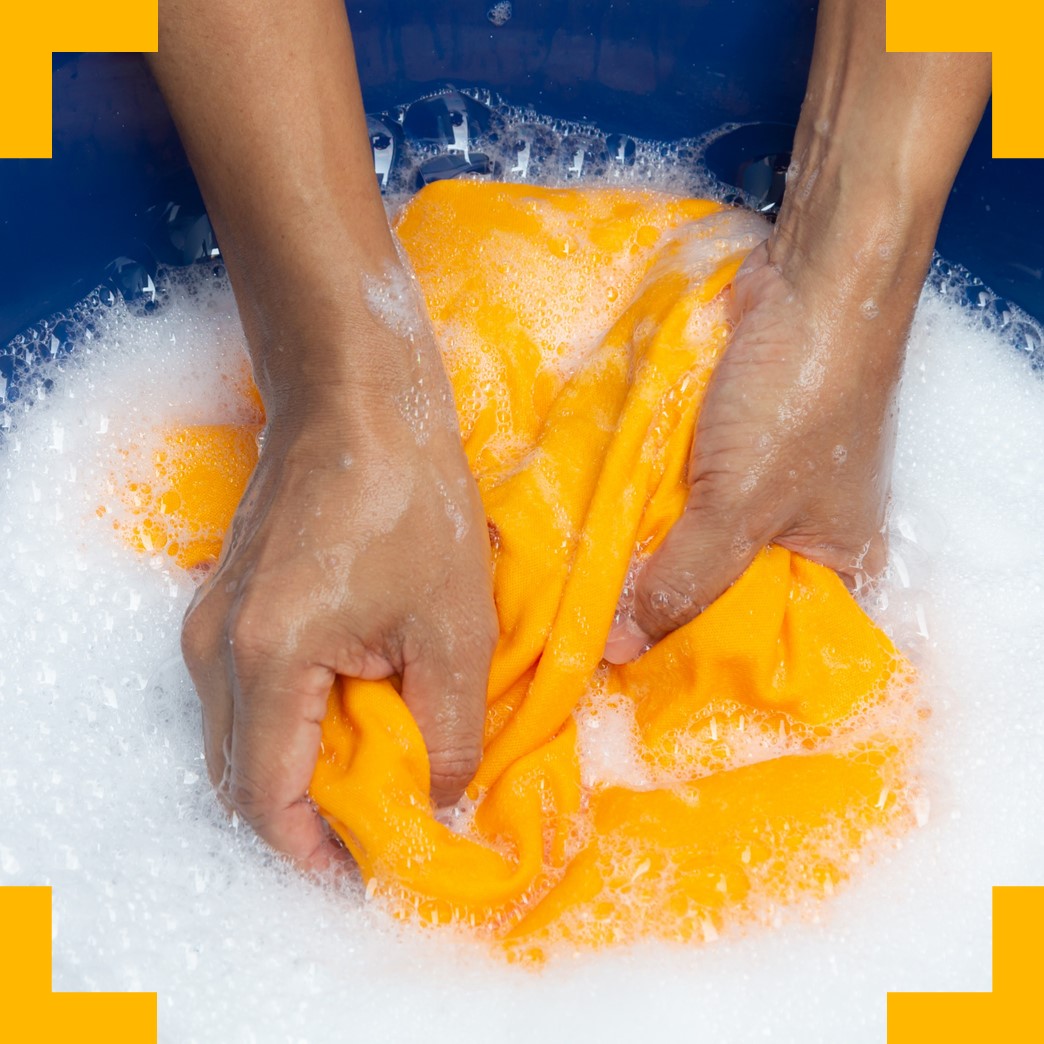Laundry Justice
What is the effect of contemporary laundry methods on our rivers and coastlines? What places and spaces within the city facilitate alternative forms of garment care? This project seeks to explore ways to live better with our clothing.

Current ‘mainstream’ laundry practises are incredibly energy and water intensive with washing machines and tumble dryers consuming a lot of electricity contributing directly to global warming and climate change (Bain et al 2009). The process is also toxic, leaching chemicals from laundry soaps and microplastics that shed off garments during every cycle into our waterways (Napper 2016). Not only is each load of clothes washing damaging our environment, households are washing at a higher frequency than ever (Goodwright et at 2015) with an average of 5.5 machine loads per household per week recorded in 2012 (Owens 2012). Laundry is a example of climate injustice, those who have the privilege of high frequency clothes washing adversely affecting communities elsewhere in the world through environmental and ecosystem degradation. We clearly need to learn to live well with our clothing.
The idea behind this project is to explore what knowledge and practices Bristol’s van dwelling community – who have limited access to washing machines and water – may have acquired and developed in relation to clothing care. Laundry is a largely hidden domestic practice (Rigby et al 2018) so this project aims to research and make visible emerging tacit knowledge of those creatively seeking alternatives. The research group would also explore how they might share this collective wisdom with house dwellers in the city region in order to address the climate emergency.
What is being created?
The research group will co-design and host a prototype participatory laundry workshop; This will allow an informal setting within which to begin a series of conversations. Other researchers interested in this topic will be invited to explore and question laundry practises. Questions such as: What places and spaces within the city facilitate alternative forms of garment care? How do we shift social norms around laundry in response to the climate emergency? How do these issues interconnect with Hygiene Poverty? What is the effect of contemporary laundry methods on our rivers and coastlines?
Who are the team and what do they bring?
- Bristol Vehicles for Change CIC are interested in; protecting and advancing the rights of vehicle dwellers in the Bristol area to live freely and creatively, while connecting with wider communities to encourage acceptance and understanding of each other.
- Lara Luna Bartley (, Digital Cultures Research Centre, UWE) is interested in practice-based, values-led, multidisciplinary research, print-making ,and artist-books.
- Lizzie Harrison (Centre for Innovation and Entrepreneurship, University of Bristol) is interested in exploring everyday clothing use and care practises within local communities to better understand how to extend the lifecycle of clothing and reduce waste.
- Naomi Millner (Geographical Studies, University of Bristol)

